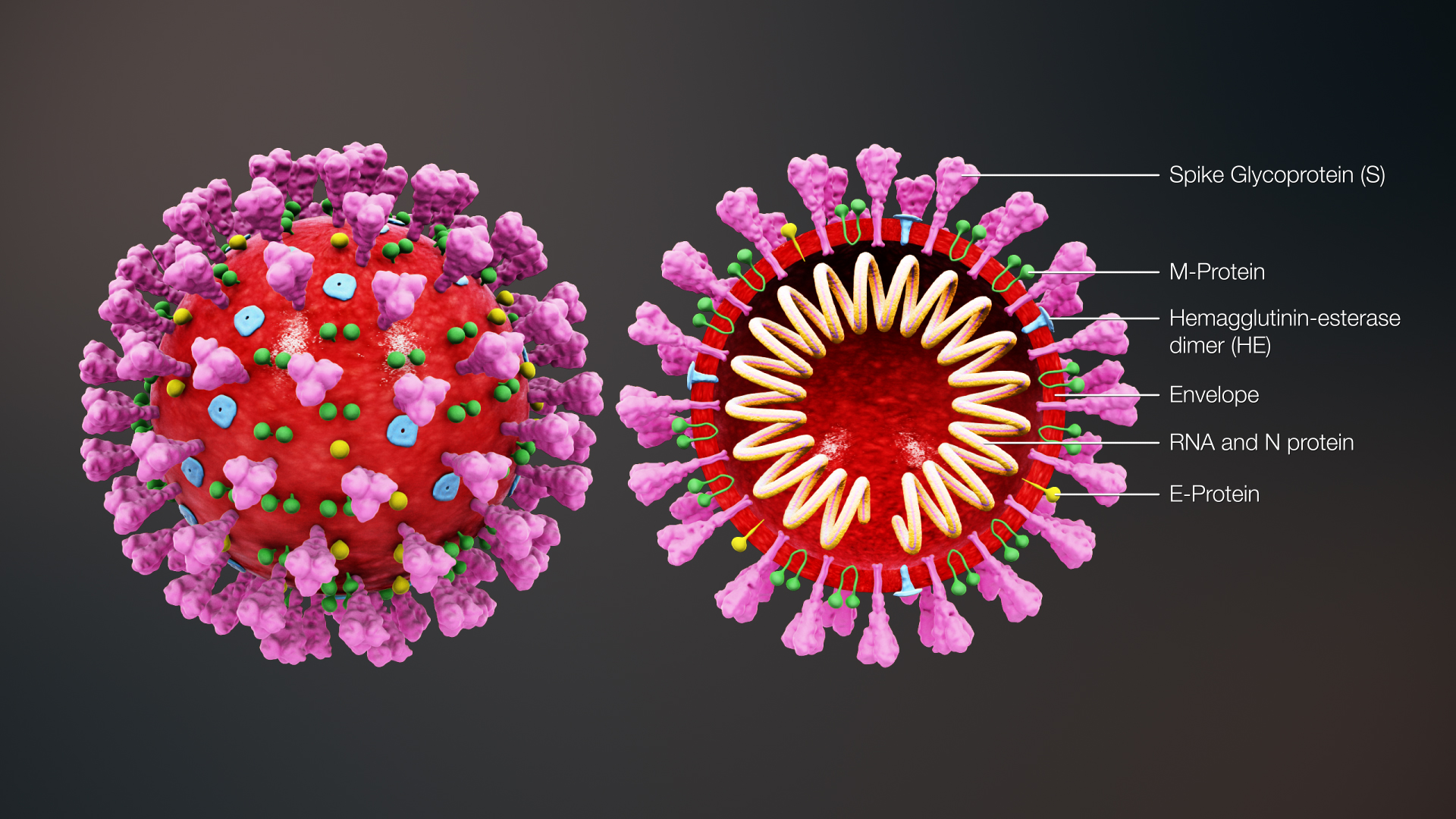Bioidentical hormone replacement can help reduce the worst symptoms of aging, like lack of energy, mood swings and yes, migraines.
Benjamin Franklin once said “the only things certain in life are death and taxes.” Well, women can add menopause to that list, and for about 20 percent of women migraines are just as inevitable. Women suffer from migraines at a much higher rate than men, with females making up about 70 percent of migraine sufferers in the United States.
In 2011, researchers from the University of Turin in Italy found it possible to predict with decent accuracy how much a woman will experience migraines after menopause, especially for the 60 percent of female migraine sufferers who have menstruation-related headaches. The problem is that the predictability of migraines doesn’t work for women as a whole. Instead, researchers in Italy confirmed that while women who experience migraines due to their menses typically found relief after menopause, other women are left in despair as their frequent migraines worsen.
The culprit in the case of menopausal migraines is hormone imbalance. Fluctuations in the flow of estrogen and progesterone can trigger migraines, making women sensitive to smells, light and sound. Unfortunately, a lot of women settle for pain killers and migraine medications that dispel the headache without looking deeper into the cause or trigger of the pain. While painkillers can help, they aren’t going to prevent or lessen the occurrence of migraines in the future.
Finding Relief from Migraines after Menopause
If your migraines developed gradually with age, then bioidentical hormone therapy (BHRT) may help reduce the severity and frequency of your headaches by correcting hormone deficiencies that develop with age.
In addition to BHRT, there are several natural remedies that you can use to reduce the frequency of migraines:
- Drink plenty of water: Dehydration can lead to migraine headaches. Make sure you are drinking 64 ounces of water every day for optimal wellness.
- Exercise regularly: Tension and stress often cause migraines, but exercise can relieve that tension. Try walking, swimming or doing yoga daily to prevent migraine pain.
- Lose weight: Sometimes, migraines are related to excess weight. Talk to Dr. Waller about how medical weight loss might help to relieve migraine pain.
- Manage stress: Stress management techniques like journaling, deep breathing exercises and other hobbies can prevent migraines by reducing your stress level.
- Healthy lifestyle habits: Alcohol and smoking cigarettes can increase your chance of getting migraines, as can having too much caffeine. Try following a healthy diet and avoiding poor habits like these to prevent migraines naturally.
Once you figure out your migraine triggers it becomes easier to prevent migraine pain. Keep a regular journal to track what you eat, how much you exercise, how many hours of sleep you get each night and other lifestyle factors that could be related to your migraines. This can help you determine what might be the source of your pain.







